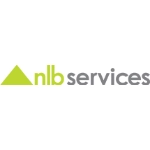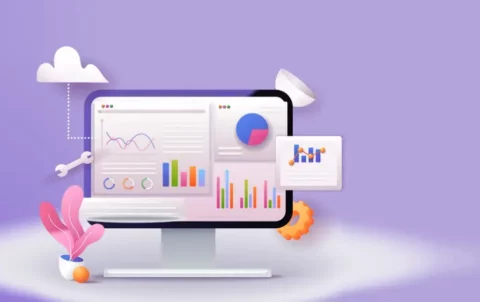© 2025 Next Level Business Services Inc. All Rights Reserved.
AI In Recruiting – A Complete Guide To Optimize Your Hiring
By NLB Services
What Is AI For Recruiting?
Today, the demand is to automate processes intelligently, smartly, and swiftly. Just like AI is picking up in almost every sector, HR processes are also getting automated and tech-enabled to a certain extent. HR professionals are adopting AI for recruitment and other processes. While modern recruiting software is coming up with AI solutions, traditional recruiting solutions like ATS are getting integrated with AI solution providers.
Applicant tracking system or ATS was the first successful step in recruitment automation. It came live in the ’90s. ATS has made the recruiter’s life easy by automating mundane tasks in recruitment such as organizing resumes and keeping an eye on candidates’ progress throughout the recruitment process. It is less time-consuming as compared to manual searches.
The Benefits of AI in Recruiting
AI is a wonder of modern science which has made a lot of things possible in the recruitment domain and things that were unthinkable before. Now thanks to the integrations that AI has implemented through human intelligence. Now, many things can be done more quickly and effectively. AI integrations have definitely increased the efficiency and productivity of HR professionals in the recruitment industry. In this article, some examples of how AI has been helping to improve efficiency have been discussed.
Reducing Time to Hire
A very common problem in recruitment is that it is time-consuming and lengthy. Best candidates disappear after getting a job offer from another company. Based on a study by Ideal, HR managers say they invest an average of 14 hours a week in manually completing tasks that could be automated.
AI integration in talent acquisition saves a lot of time in different parts of the recruitment process, especially while writing emails, sending text, analyzing candidates, and communicating with them. With AI recommendations, you can contact the most suitable candidates and fill the open position faster. By automating all of the manual work in the recruitment process, companies have more time to focus on what matters the most- the people.
Establishing a Fair Recruitment Process
AI integration in the recruitment process attracts the most suitable candidates to accomplish organizational goals. While there are plenty of ways to attract candidates, we keep on adapting new methodologies in recruitment procedures that help to make it easy and smooth.
AI helps to scrutinize applications as they are received and chatbots help to convey directly to the candidates if their resumes are not apt for the position.
Also, chatbots and matching technology don’t know the candidate’s gender and it helps to prevent biases in recruitment.
Reducing Cost to Hire
AI-based recruitment software can literally cut down on resource costs by adding value to operations. As time is money, it is as good as saving overheads.
For HRs and recruitment heads, the financial implications of every hiring exercise are very important. Using an automated solution helps to save time and cost involved in the activities. It helps redirect the budget to other departments by adding value to candidates and making a real difference. As per a study, leading global tech corporations have benefited from using AI recruitment software and reduced their cost-per-hire by almost $2.5M.
Research shows that the conventional hiring process mostly leads to unconscious biases towards physically challenged, minorities, women, and older workers. Unfortunately, this kind of quick judgment about an applicant can ruin their chances of acquiring the job, even when they are perfectly qualified for the position.
A well-trained, data-oriented model effectively eliminates human errors and biases faced by candidates during an interview. Although AI potentially amplifies human prejudice, when used correctly, it can help to eliminate unconscious bias and helps to make data-driven decisions. AI tools work on data points to source and evaluate candidates and scrutinize them for the needed parameters. AI and automated tools eliminate these biases, helping to ensure that candidates are evaluated purely on merit.
Making the Process Faster and More Efficient
After the AI invention and introduction in recruitment, many complex processes have been automated, where there is no need for any human support to do those processes. Humans do need rest after a certain time, whereas AI does not need to rest and can provide their service 24 hours a day. Humans have time constraints and work up to a certain limit. Unlike machines, they can’t be consistent in their performance all day long. AI, on the other hand, is essentially a machine that does not get tired or bored. It helps to make the process faster, more efficient and unbiased for the candidates throughout the day. Also, there are fewer chances of error if an AI does the job.
Conclusion
AI integration is now used to provide recruitment support to users for effective recruitment and smooth sailing of the business. It indeed reduces the big cost involved in fulfilling hiring needs. Establishing a proper balance between a human and a machine is the way to efficient recruitment. There are certainly some limitations to AI when it comes to providing end-to-end recruitment support to companies. It is then important to realize in which parts of the recruitment process AI needs to be implemented. Having said this, AI can save a lot of costs for the whole business if implemented appropriately.
Talent Solutions








